
Similar Posts
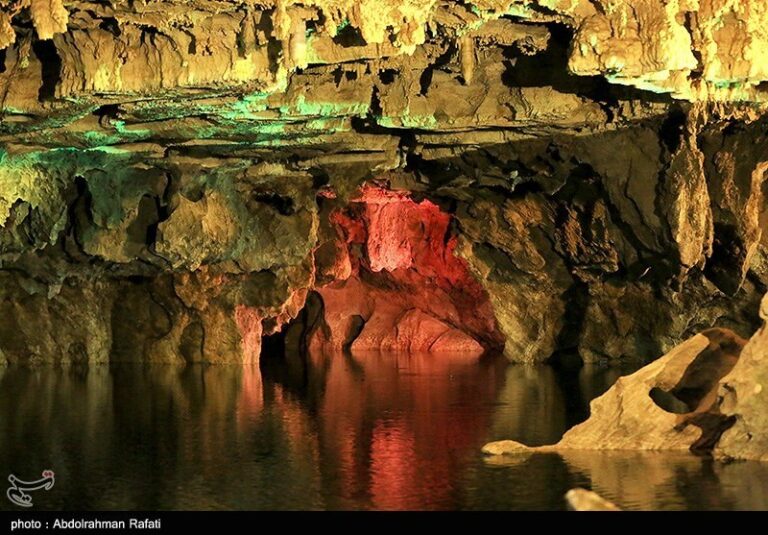
Explore Alisadr Cave: One of the World’s Rare Navigable Water Caves!
The Ali-Sadr Cave, located in Alisadr village, is the world’s largest cave, renowned for its stunning water bodies and canoeing experiences. Inaugurated in 1967, it features interconnected chambers and a unique ecosystem, with water sourced from the nearby Sarab Cave. The cave’s environment includes captivating stalagmites formed from calcium carbonate sediment. Despite being only partially explored, it offers electric lighting and canoe rentals for visitors. With a constant water temperature of 12°C, the cave is devoid of aquatic life. Ideal for nature enthusiasts, the Ali-Sadr Cave combines geological significance with adventure, promising an unforgettable experience.

Yazd Honored as Global Hub for Traditional Jewelry by World Crafts Council
Yazd has been honored as the world city of traditional and handcrafted jewelry by the World Crafts Council, a recognition that underscores Iran’s cultural heritage and artisanship. Cultural Heritage Minister Seyyed Reza Salehi-Amiri highlighted this achievement as a testament to Yazd’s artistic potential and the success of Iran’s heritage diplomacy. The designation follows a thorough evaluation by WCC experts, emphasizing Yazd’s ability to meet global standards in jewelry-making. With a 2,000-year-old tradition, Yazd’s jewelry, particularly its unique 20-karat gold pieces, showcases intricate techniques that are essential to Iran’s creative economy and cultural legacy.
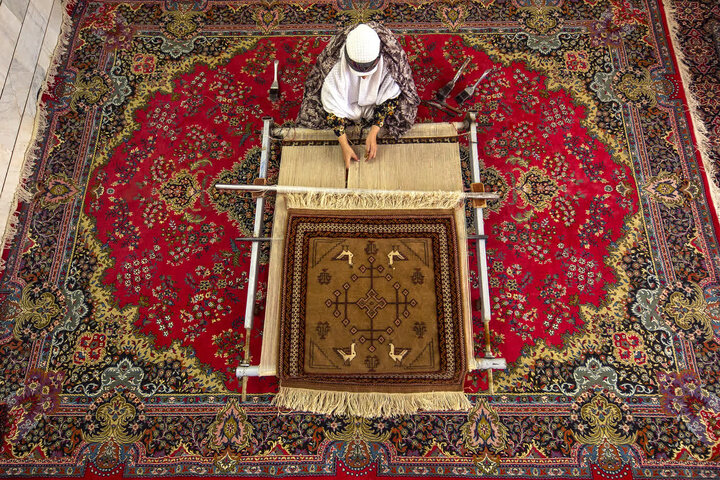
Iranian Artisans Showcase Masterful Skills at Sulaymaniyah Expo: A Celebration of Craftsmanship!
Artisans from Iran’s South Khorasan province are set to showcase their traditional handicrafts at the Sulaymaniyah Expo in Iraq from May 20-26. This event aims to promote Iranian cultural heritage and elevate local handicrafts in global markets. Supported by the provincial Cultural Heritage Department, artisans will display woven and non-woven fabrics, highlighting the region’s renowned carpet weaving history, dating back to the Timurid era. South Khorasan carpets, known for intricate motifs like Rizeh Mahi and Robee Sa’di, are culturally significant and sought after internationally. The expo fosters cultural exchange and preserves traditional techniques among global audiences.
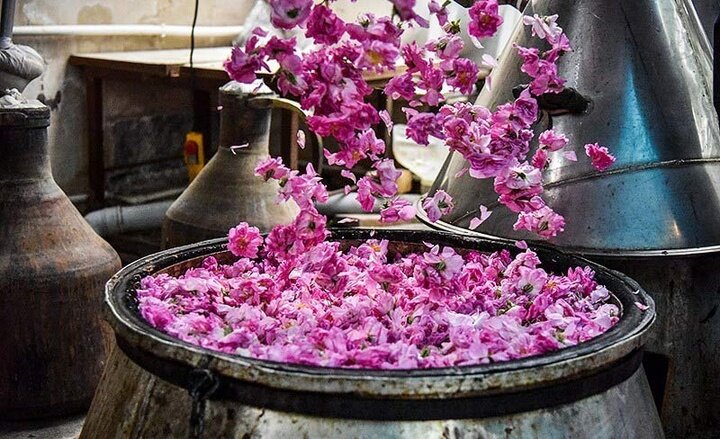
Experience the Essence of Spring: Karaj’s Spectacular Rosewater Distillation Festival in Full Bloom!
The Rosewater Distillation Festival at the Parsian Shopping Center in Karaj, Alborz, runs from May 13 to June 2, daily from 4 PM to 11 PM. Featuring 40 stalls, three focus on traditional rosewater distillation and local beverages, allowing visitors to witness the process firsthand. The festival also showcases traditional music from various Iranian clans, fostering community and supporting local artisans. Recognized by UNESCO as an Intangible Cultural Heritage, the festival celebrates the cultural significance of roses in Iran. It highlights the country’s role as a leading producer of damask roses, contributing to the global rosewater market.
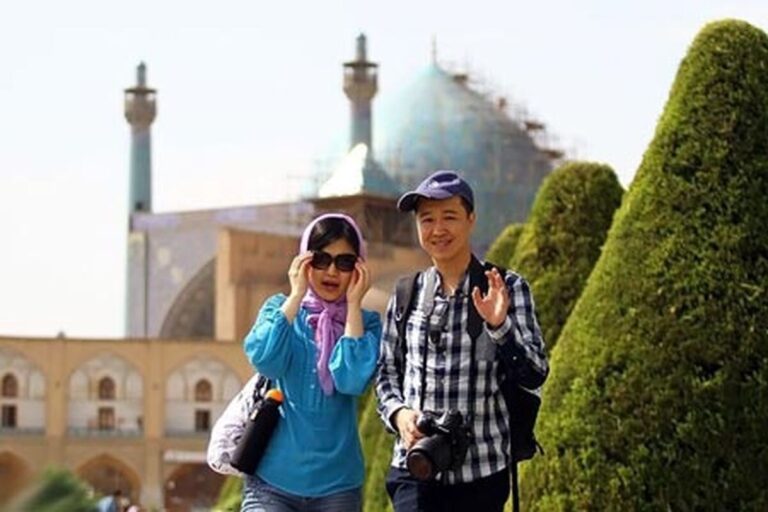
Isfahan Welcomes 100 Global Tourism Experts for an Unforgettable Experience!
Isfahan is set to host the international tourism event “100 Tour Operators in Half of the World” from February 19 to 23, aiming to boost its global tourism profile. The event will gather tourism professionals from Europe and Asia, showcasing Isfahan’s rich cultural heritage and historical significance. Key activities include a Chogan match at the UNESCO-listed Naqsh-e Jahan Square. Officials emphasize the event’s potential to create innovative tourism packages, enhance international cooperation, and stimulate economic growth. With over 22,000 historical sites, Isfahan is recognized as Iran’s cultural heart, fostering a true image of Iran to attract global visitors.
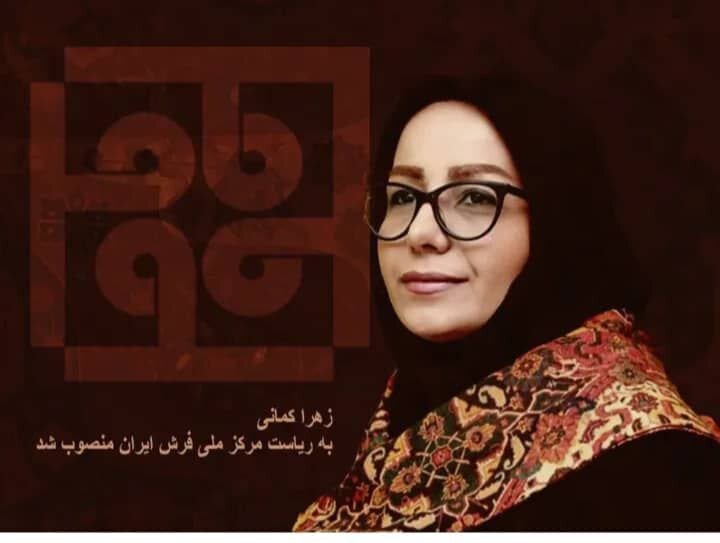
Mastering Strategic Management: Navigating Challenges in the Iranian Handwoven Carpet Market
Iranian handwoven carpets, rich in cultural heritage and artistry, face challenges in the global market due to rising production costs, poor marketing strategies, and economic sanctions. Competing with historical rivals and new entrants using low-cost production and digital marketing, Iran’s share has declined. However, the country benefits from skilled artisans, unique designs, and high-quality materials. To revitalize the industry, a strategic management plan is essential, focusing on reducing costs, building a strong brand, enhancing marketing, and embracing technology. By implementing these strategies, Iran can reclaim its position in the global carpet market and preserve its cultural identity.